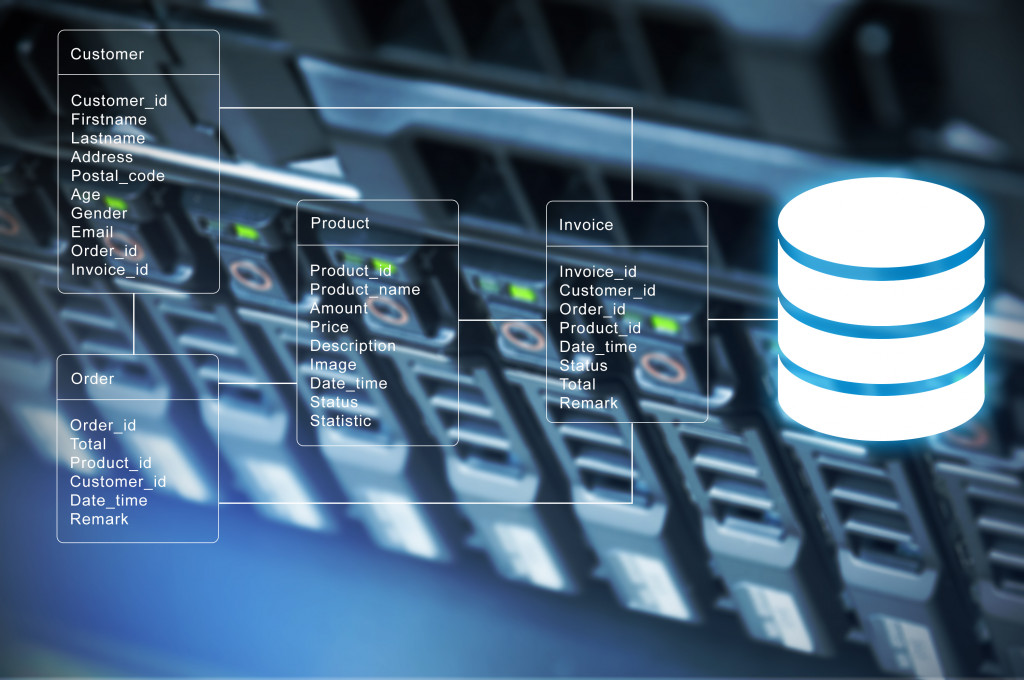Maintaining digital storage systems is critical for any business. By ensuring your data is backed up and organized, you can avoid losing important information and wasting time trying to track down files. While most companies have some form of digital storage system, not all use effective strategies to keep it secure.
Here are a few best practices to remember when maintaining your digital storage systems.
1. Back up your data regularly.
The most basic rule of thumb for data storage is to always have a backup. Whether you use an external hard drive, cloud storage, or another system, make sure you have a way to restore your data if something goes wrong. Many businesses only back up their data once a week, but it’s best to do it daily or multiple times a day to avoid losing too much information.
Some software systems will have built-in tools to create backups automatically. You can also set up a backup schedule, so you don’t have to remember to do it manually. For example, you can set your computer to create a backup every night at 3 a.m. This will help ensure that you always have a recent copy of your data.
2. Monitor your storage usage.
Keeping an eye on how much storage space you’re using can help you identify issues early on. If you notice your system is getting full, you can take steps to free up space or add more storage. Many companies do this by deleting old files or archiving them.
Larger companies also use Microsoft SQL Server monitoring services because they can generate a lot of data. This database allows businesses to keep track of customer information, inventory levels, and more, so it’s essential to efficiently monitor and manage this data. You want to ensure your data is secure and backed up, but you also don’t want to overload your storage system.
An excellent way to monitor your usage is to set up alerts. This will notify you if your system is getting close to full capacity. You can also use storage management software to help you keep track of your usage and ensure you’re not exceeding your limits.

3. Use encryption for sensitive data.
If you’re storing sensitive data, be sure to encrypt it. This will help protect your information if your system is ever breached. While many businesses use password protection, this isn’t always enough. Hackers can easily guess passwords or use brute force methods to break into systems.
Encryption is a more secure way to protect your data. You can use software that will encrypt your files automatically. This way, even if someone gains access to your system, they won’t be able to read your data. The files will appear as gibberish unless the person has the encryption key.
When encrypting data, be sure to use a strong encryption algorithm. AES256 is a good option. It would be best to use a unique encryption key for each file. This will make it more difficult for hackers to decrypt your data.
4. Keep your software up to date.
Outdated software can create security vulnerabilities that hackers can exploit. Be sure to keep all the software on your system up to date, including the operating system, web browser, plugins, and more. Many software programs will have automatic updates that you can enable.
You should also install security patches as soon as they’re available. These are updates that fix specific security vulnerabilities. They’re usually released shortly after a new threat is discovered. By installing these patches, you can help keep your system secure.
But don’t stop there. In addition to updating your software, you should keep your hardware updated. This includes your computer, server, and other devices to access your data. You can help reduce the risk of a security breach by keeping everything up to date.
5. Train your employees on data security.
Of course, it’s not just your system that needs to be secure. Your employees also play a role in data security. They need to know how to protect your data and what to do if they think there’s a security breach.
Be sure to provide training on data security. This can include topics like password security, encryption, and more. You should also have procedures in place for reporting a security breach. By training your employees and having procedures in place, you can help keep your data safe.
Digital storage systems are becoming increasingly important in business. With the proliferation of electronic data, it’s more important than ever to ensure your data is stored correctly and securely. The steps above can help you do just that. With a little effort, you can help keep your data safe from hackers and other threats.

